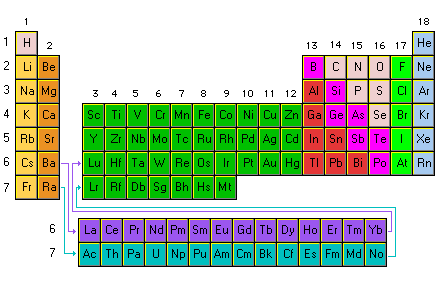The concept of dialogue is one that always implies a conversation or a discursive exchange between at least two interacting individuals. Coming from the Greek, the term dialogue is related to the discursive sense since it expresses the presence of a communication that is in most cases oral but that can also be developed through other means or channels. In addition, dialogue is also a form of writing in which the explicit exchange of ideas between two or more parties is revealed, used especially in theatrical styles.
The presence of dialogue in literary genres has been present since time immemorial, there are already records of them in the documents bequeathed to us by the ancient Sumerians. Later, dialogue became particularly important in Greek culture, especially through Socrates and his speeches in which the author had interesting and infinite discursive exchanges with different types of audiences.
Nowadays, the word always makes us think about the existence of elements such as tolerance, respect for other ways of thinking, commitment and a good disposition rather than discursive and dialectical elements, as was the case today. It is used in this way mainly in the field of international politics in which different nations must work day by day to build spaces for understanding, tolerance and compromise over and above differences.
Normally, regardless of the environment in which it takes place, the dialogue needs to have participants open to tolerance and respect for the position of the other member. A dialogue should not include monologues or unilateral speeches or elements of imposition of one position on the other. Basically, the dialogue must be characterized by a constant debate and exchange of positions in order to find a common goal.




